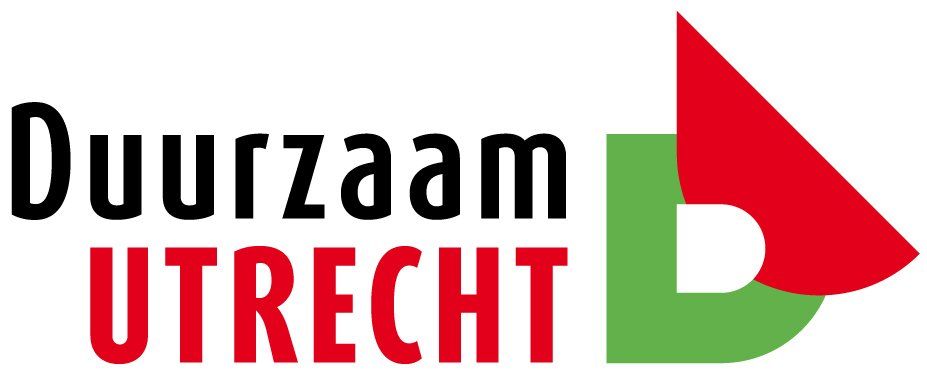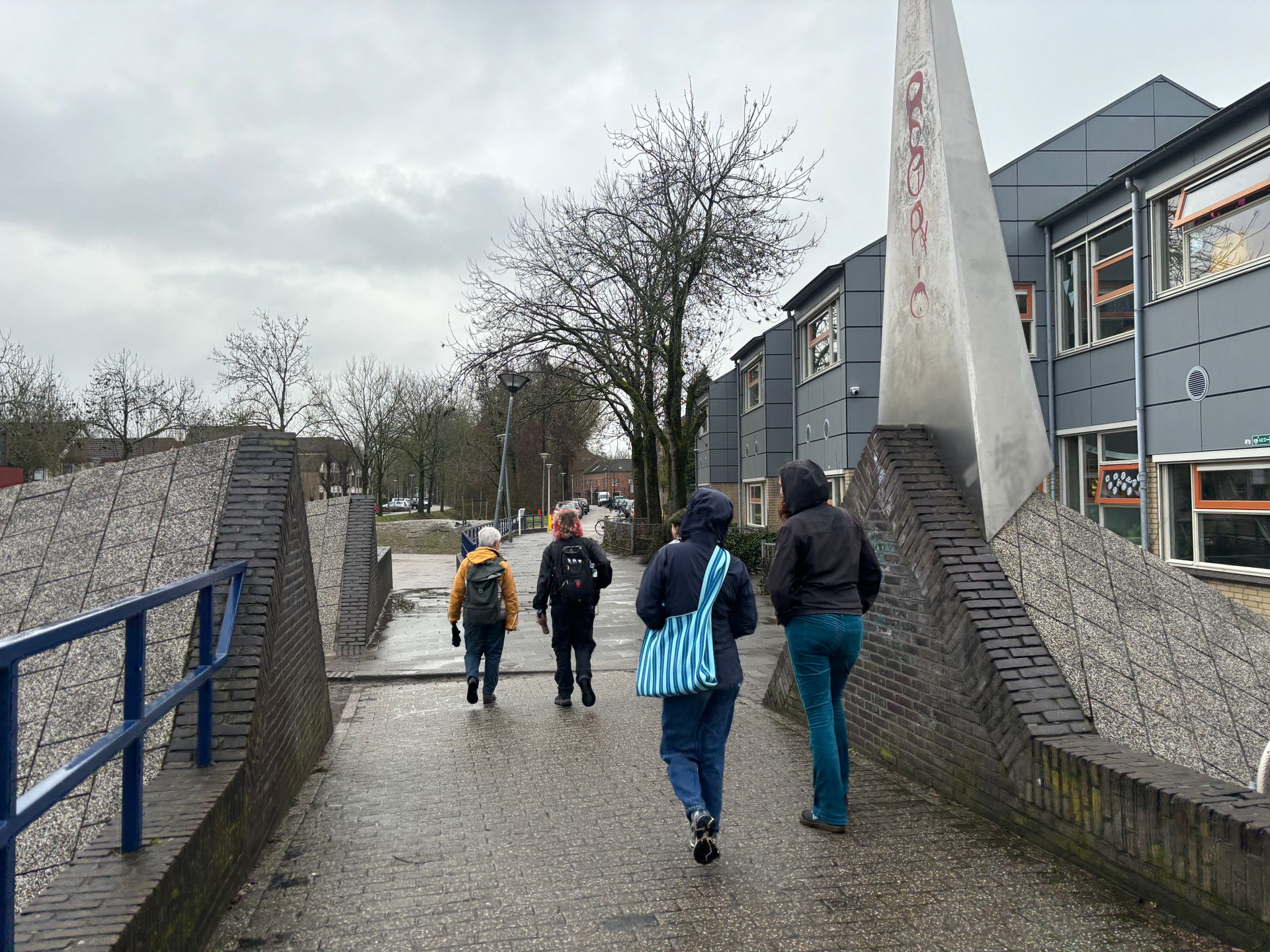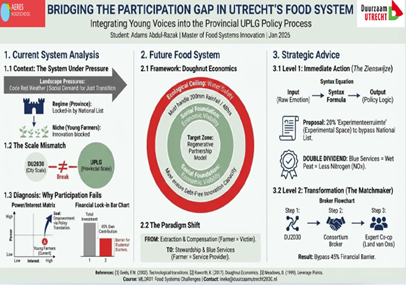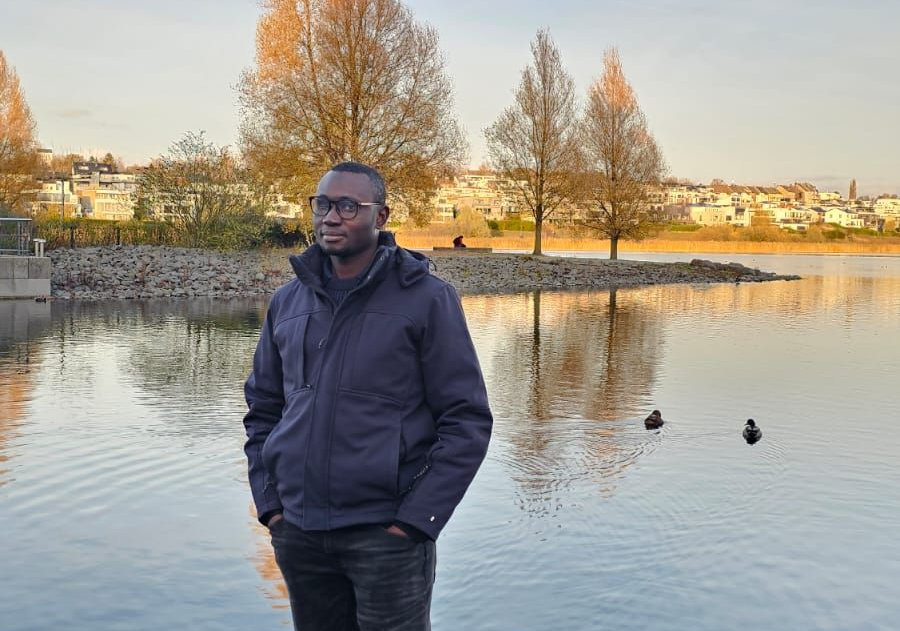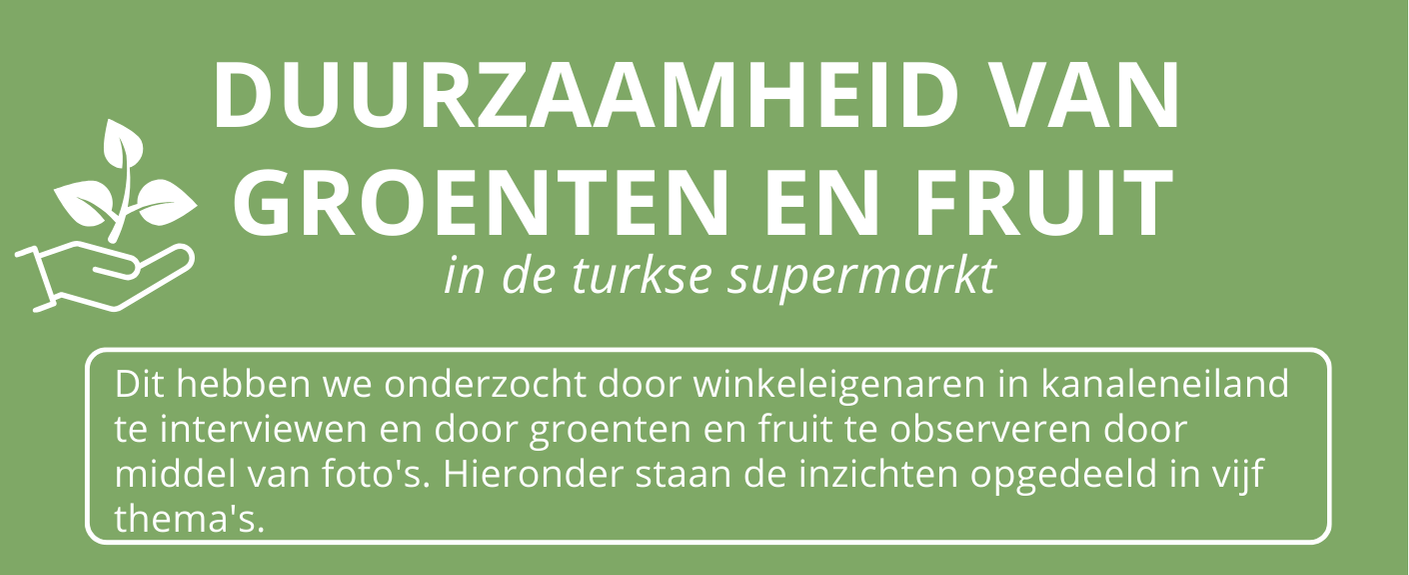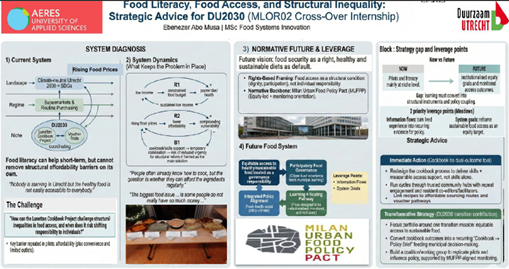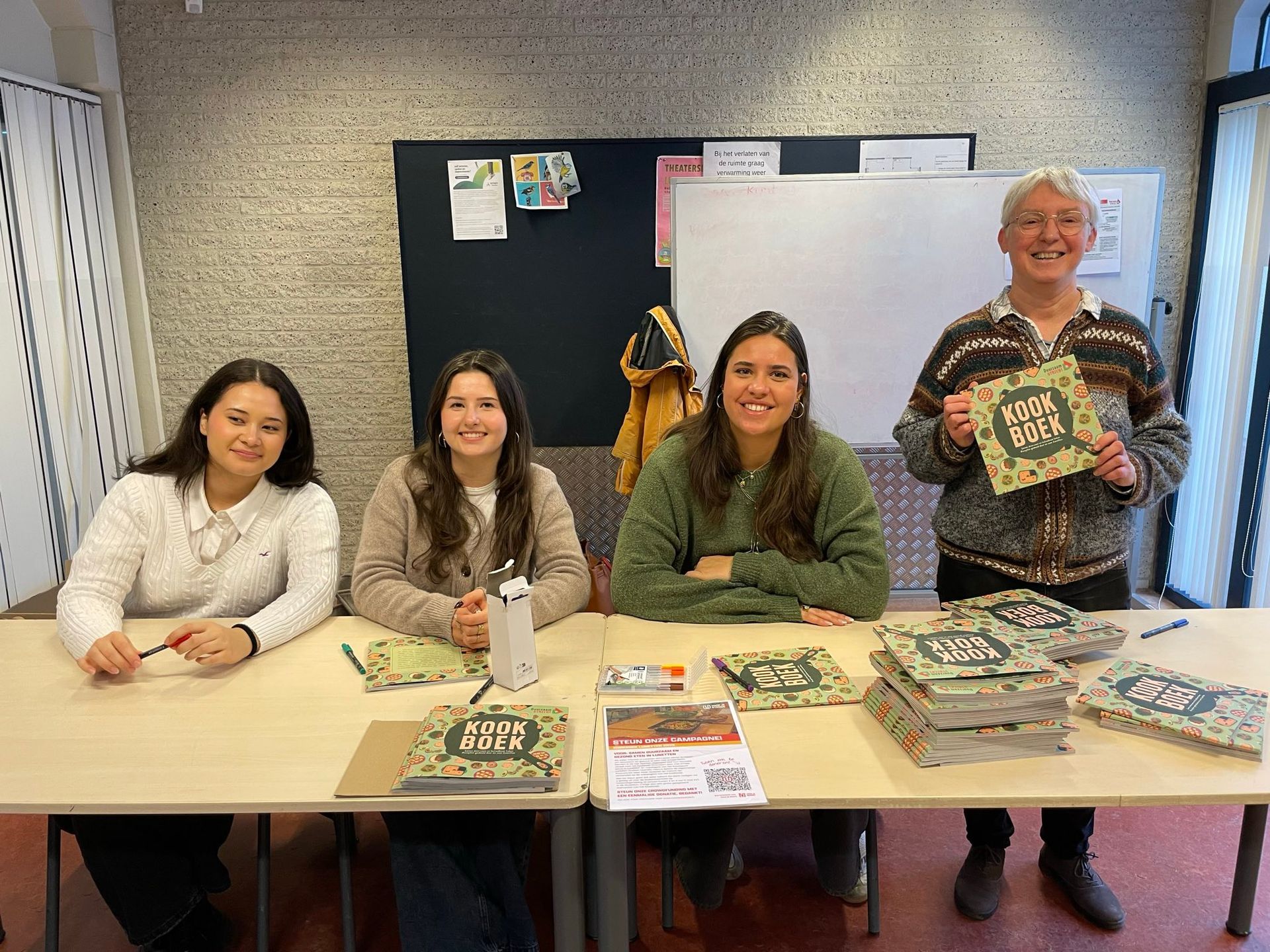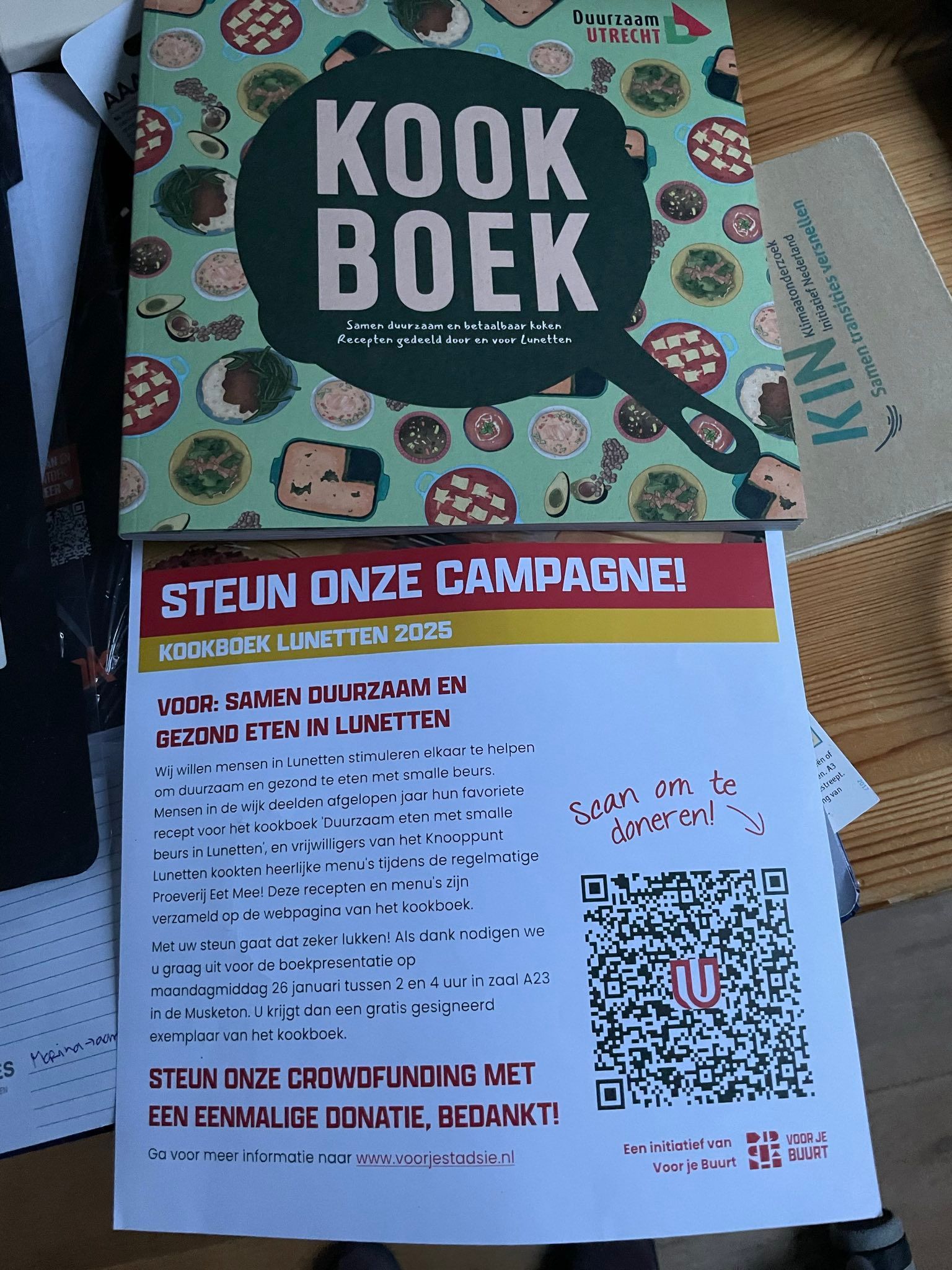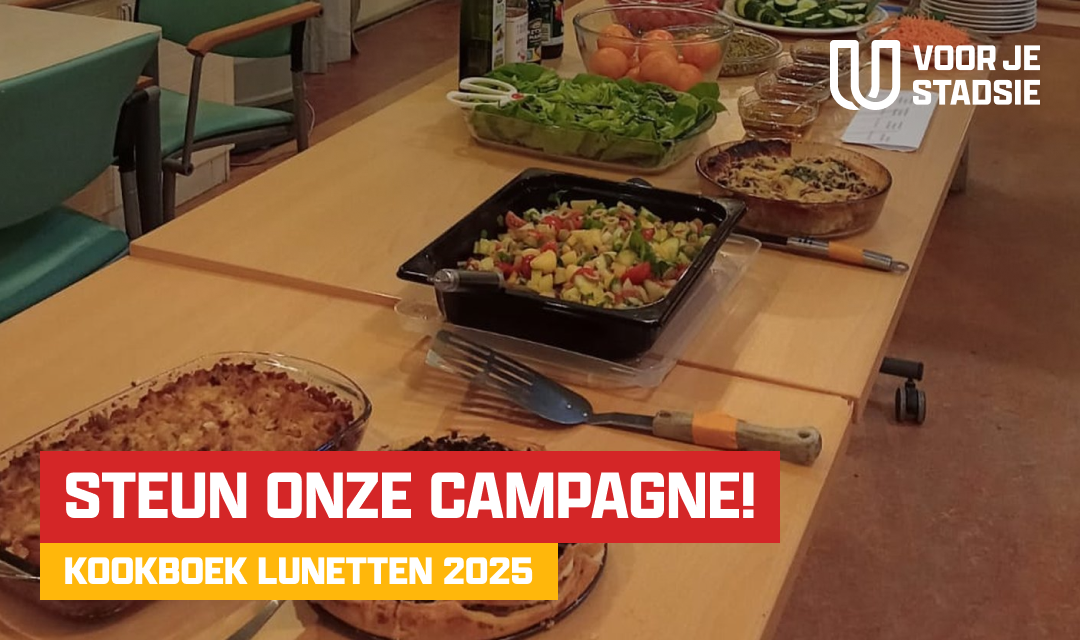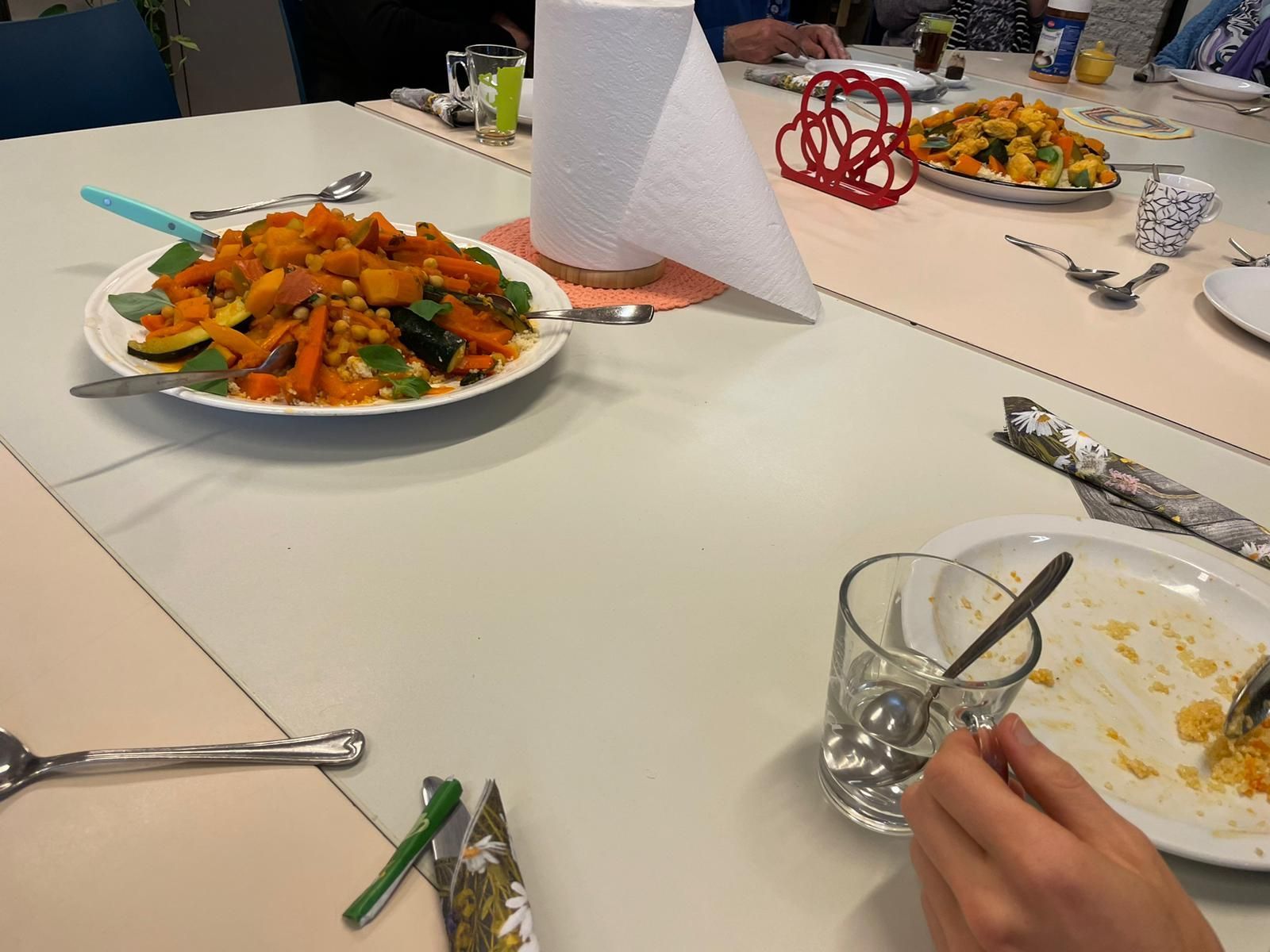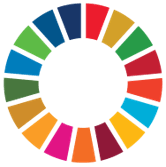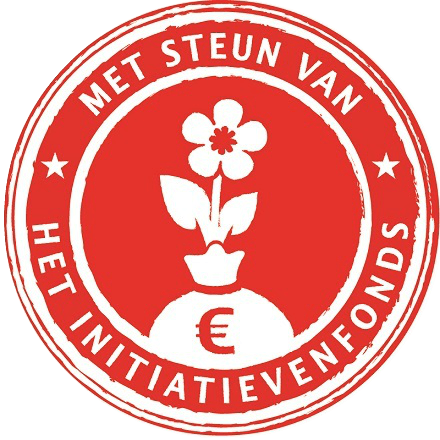Results of the Trial Subsidized Organic Groceries
On 29-11-24, “Duurzaam Utrecht 2030” held a workshop to discuss the results of the Trial with “Subsidized Organic Groceries” in Kanaleneiland. The event brought together participants from diverse backgrounds to engage in an open conversation about future steps for local residents of Kanaleneiland. The trial's outcomes were presented, and a range of suggestions were explored, all of which are detailed in the report available here.
Among the various suggestions, one stood out as particularly promising: the use of the U-Pas to purchase organic food. Many workshop participants supported this idea, emphasizing that enabling U-Pas credit for organic groceries could make these products more accessible to low-income residents. This suggestion has been forwarded to city council member Jantine Zwinkels in the hope it will be discussed further in upcoming council meetings.
The workshop also touched on other creative ideas. For example, some participants highlighted the potential of incorporating halal food options, which are already relatively affordable and widely accessible to the Muslim population in the Netherlands. Students contributed suggestions focusing on reducing food waste while promoting organic consumption. They proposed initiatives to distribute farmers' leftover produce or imperfectly shaped fruits and vegetables, which could provide low-income students with affordable organic options while lessening the burden on farmers.
The workshop showed how important it is to include vulnerable groups in these discussions. The trial made the most vulnerable feel safe enough to join the event and participate, which in itself is a successful result. Their presence added valuable perspectives and helped highlight the challenges they face, showing that they felt included and were not ashamed to discuss their own issues. It was clear that when people feel included and listened to, they are more willing to participate and help find solutions. This event gave a voice to those who are often left out, creating a space where everyone could contribute.
If policymakers could take the opinions of the most vulnerable in open discussions like these workshops, they could better understand how important the role of organizations like “Duurzaam Utrecht 2030” is in bridging the gap between top-down and bottom-up approaches. These dialogues provide an essential platform for collaboration and mutual understanding, paving the way for meaningful and inclusive change.


